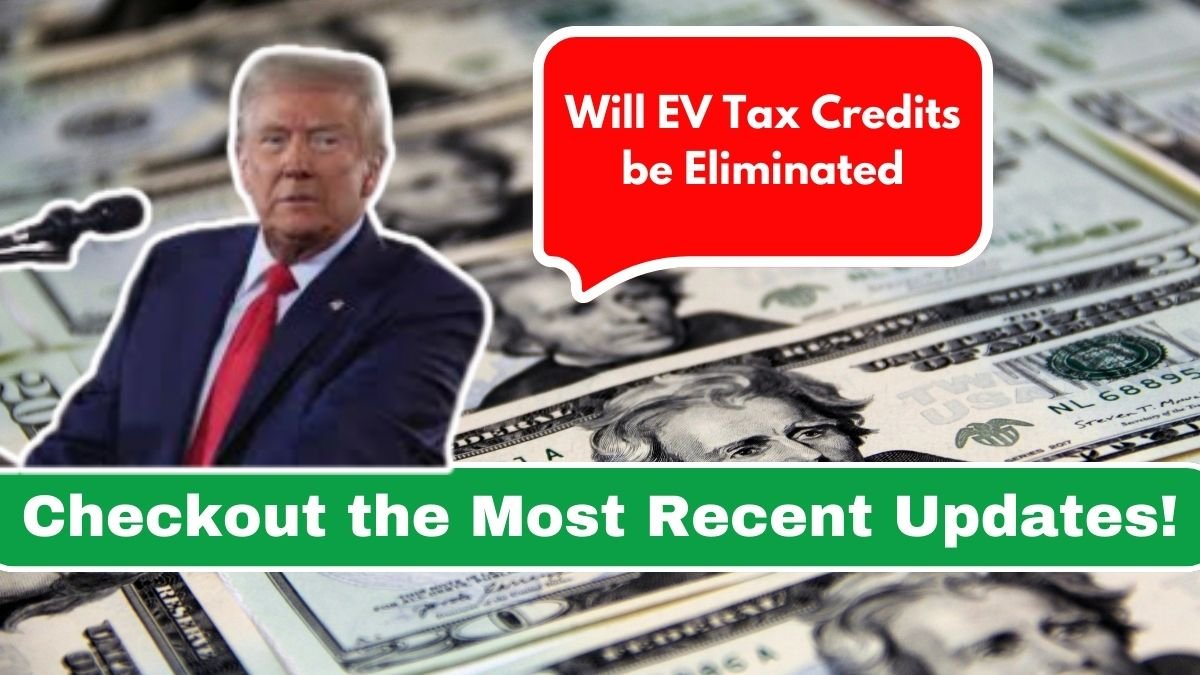Electric vehicles (EVs) have been buzzing in conversations about a greener future. One major incentive driving EV adoption has been tax credits. But recently, there’s been a lot of chatter about whether these perks are at risk of disappearing. Let’s unpack this hot topic and explore the latest updates!
What Are EV Tax Credits?
EV tax credits are financial incentives provided by governments to encourage people to switch to electric vehicles. These credits reduce the amount of taxes owed, making EVs more affordable and appealing to potential buyers.
Why Are EV Tax Credits Important?
- Encourage EV Adoption: Tax credits help reduce the upfront cost of EVs, which are often pricier than traditional gas cars.
- Environmental Benefits: By promoting EVs, these incentives help lower carbon emissions.
- Boost Innovation: The more people buy EVs, the more manufacturers invest in new technologies, leading to better and more affordable vehicles.
Are EV Tax Credits Being Eliminated?
The good news? EV tax credits aren’t entirely going away, but there are changes on the horizon. Some of these changes are aimed at adjusting how the incentives are distributed, making them more effective.
Recent Updates on EV Tax Credits
Here’s what we know so far:
- Income Limits: Some proposals aim to limit tax credits based on the buyer’s income, ensuring only those who truly need the help get the benefits.
- Price Caps: Vehicles over a certain price may no longer qualify for tax credits. This prevents luxury EVs from benefiting.
- Manufacturing Rules: To boost local economies, some credits may only apply to EVs assembled domestically.
- Battery Sourcing: Credits could depend on where battery materials are sourced, encouraging sustainable practices.
A Quick Breakdown: Changes to EV Tax Credits
| Proposed Change | Details | Impact |
|---|---|---|
| Income Limits | Credits restricted to middle and lower-income buyers | Ensures fairness in distribution |
| Price Caps | EVs above a set price (e.g., $55,000) won’t qualify | Targets affordable EVs |
| Domestic Manufacturing | Only EVs built in specific regions qualify | Supports local economies |
| Battery Sourcing Rules | Materials must come from approved countries or be locally mined | Promotes ethical and sustainable sourcing |
Why Are These Changes Happening?
Governments are tweaking these rules to maximize the impact of the tax credits. The goal is to ensure the incentives align with broader priorities, like boosting domestic industries and ensuring affordability.
What Does This Mean for EV Buyers?
If you’re planning to buy an EV, the key is timing and research. Keep an eye on eligibility rules to make sure your preferred vehicle qualifies for the tax credits. You may also want to act fast if your vehicle might lose eligibility under new rules.
Will These Changes Slow EV Adoption?
It’s possible. While some changes might make it harder for certain buyers to qualify, others could actually make EVs more accessible by focusing on affordability and fairness.
How to Stay Informed on EV Tax Credits
- Check Government Websites: Stay updated on official announcements.
- Talk to Dealers: EV dealerships often have up-to-date information on tax credits.
- Join EV Communities: Online forums and groups can offer insights and experiences.
Conclusion
EV tax credits have been a game-changer for promoting clean energy and making electric vehicles more accessible. While changes are coming, the focus remains on improving how these incentives are distributed. If you’re considering an EV, staying informed is your best bet to maximize savings and make the most of these opportunities.
FAQs
Will all EV tax credits be eliminated?
No, but changes to eligibility and rules are being introduced.
Do used EVs qualify for tax credits?
In some cases, yes! Certain programs include credits for used EVs.
How do I know if my EV qualifies for a tax credit?
Check government websites or ask your dealer for updated eligibility criteria.
Are there other incentives besides tax credits for EVs?
Yes, like state rebates, free charging offers, and reduced registration fees.
When will these changes take effect?
Timelines vary, but many changes are expected in the coming years.





